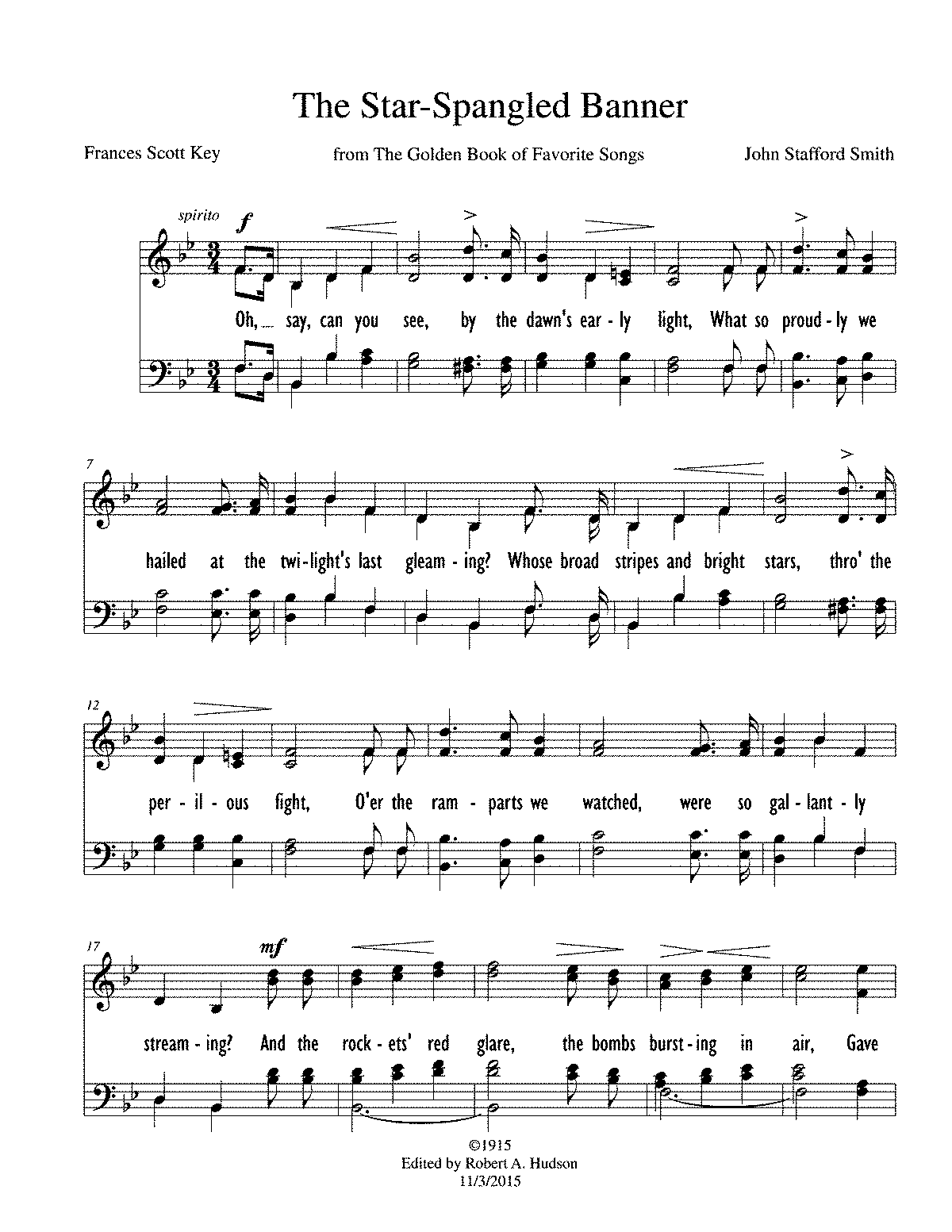


But then there are these young people who say that America needs to live up to its real creed,” Walker tells Yahoo Entertainment. “The 53-year-old in me says, we can't change things that have existed forever. Walker, the author of No More, No More: Slavery and Cultural Resistance in Havana and New Orleans and producer of the documentary How Sweet the Sound: Gospel in Los Angeles, says yes. So, is it time for this country to dispense with “The Star-Spangled Banner” and adopt a new anthem with a less troubling history and a more inclusive message? Historian and scholar Daniel E. Last week, protesters in San Francisco toppled a statue of the song’s composer, Francis Scott Key, a known slaveholder who once said that African Americans were “a distinct and inferior race of people, which all experience proves to be the greatest evil that afflicts a community.” This week, Liana Morales, an Afro-Latinx student at New York’s Urban Assembly School for the Performing Arts, refused to sing “The Star-Spangled Banner” at her virtual graduation ceremony, explaining to the Wall Street Journal, “With everything that’s happening, if I stand there and sing it, I’m being complicit to a system that has oppressed people of color.” Instead, Morales performed “Lift Every Voice and Sing,” a hymn widely considered to be the “Black national anthem.” In an increasingly anti-racist era when problematic iconography - ranging from Aunt Jemima and Uncle Ben to even the Dukes of Hazzard General Lee car and country band Lady Antebellum’s name - is being reassessed, revised or retired, America’s national anthem, “The Star-Spangled Banner,” seems to be striking a wrong note.


 0 kommentar(er)
0 kommentar(er)
